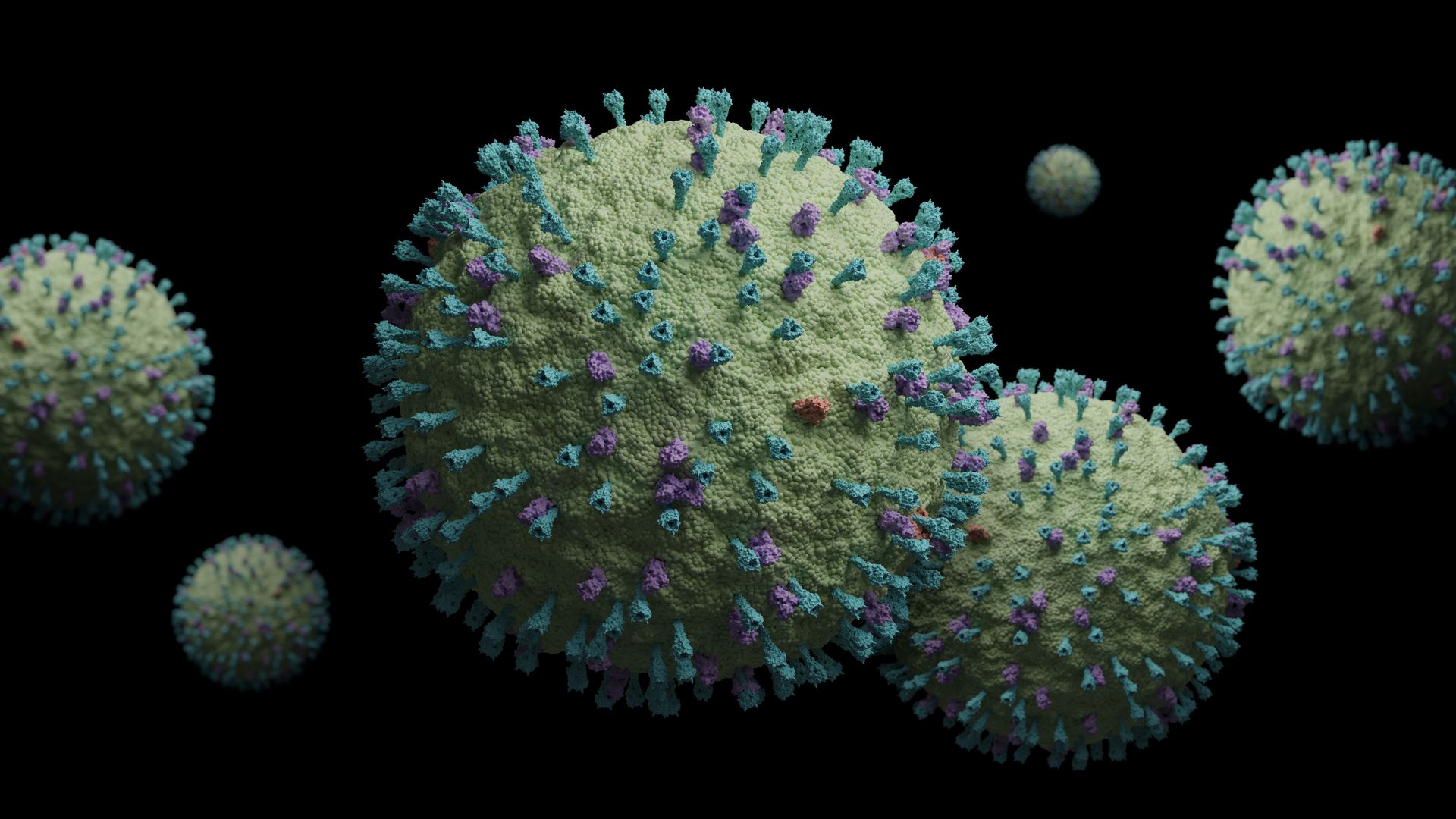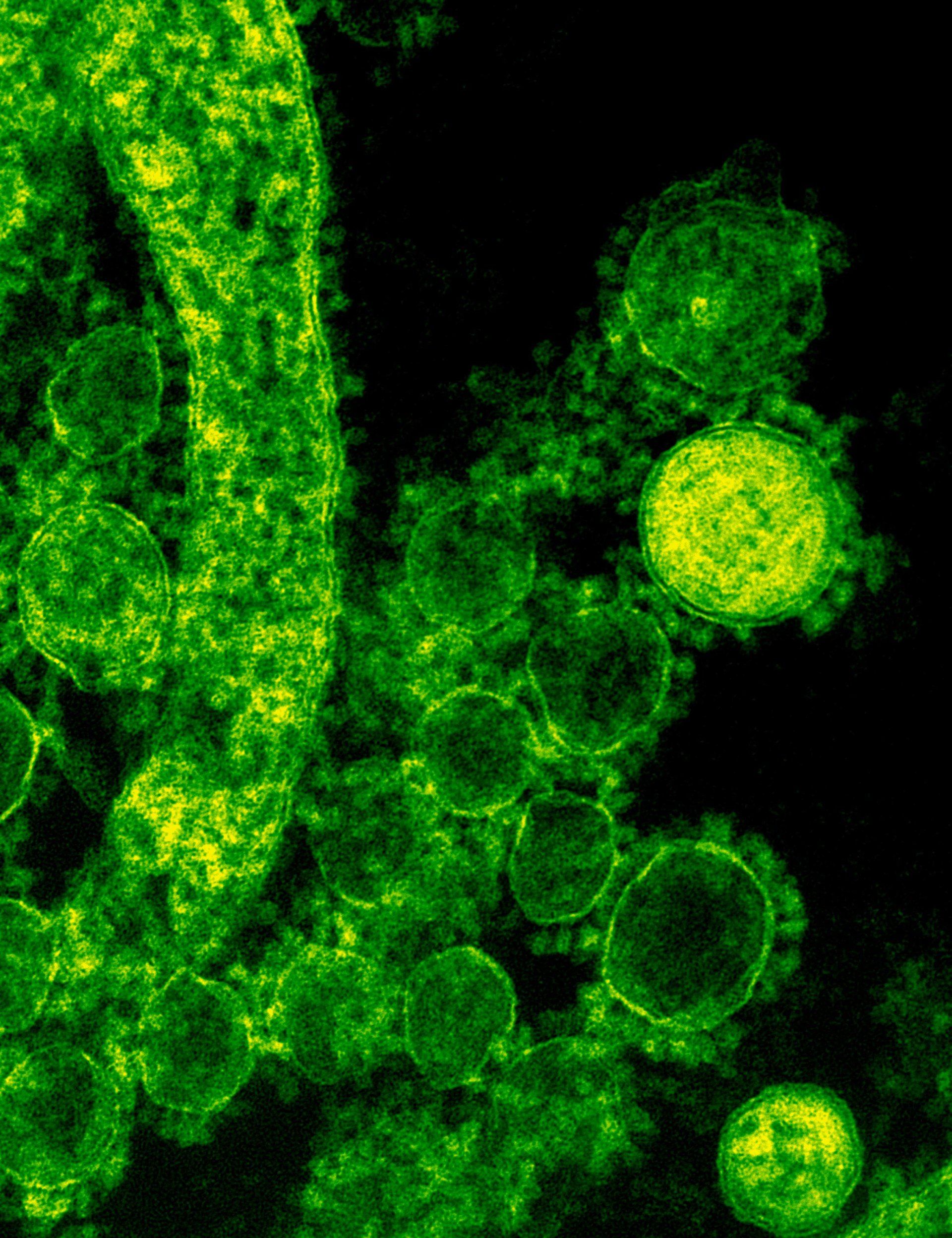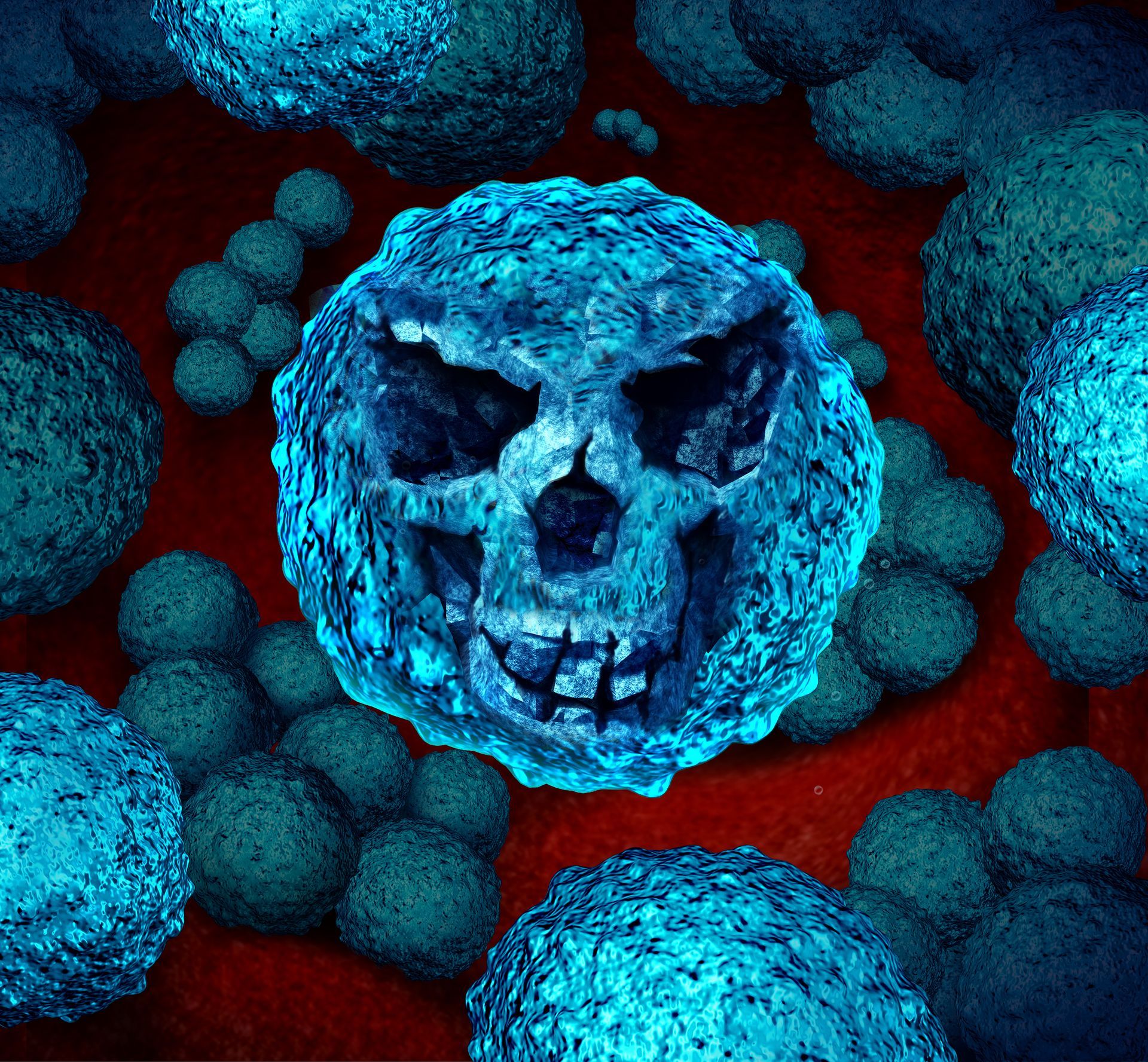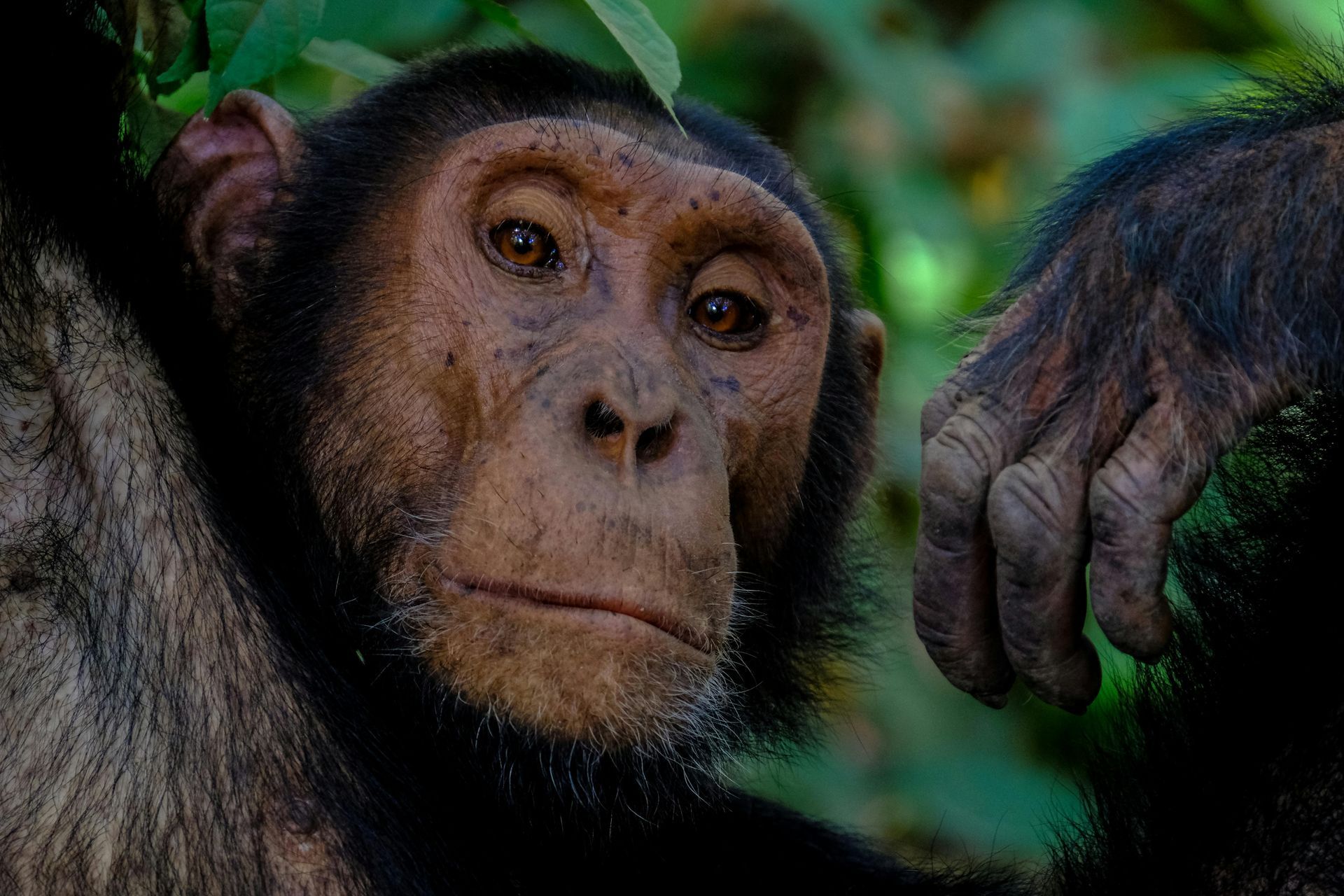
UK: +44 1379 658 721
Ireland: +353 89 221 3723
USA: +1 754 252 3536
Middle East - N. Africa: + 971 52 873 4738
Australia: +61 3 9310 5259
Applying UVC light to ‘common disinfectants’ – New research
A new piece of scientific research from the University of Waterloo in Canada hints that more than 400 common disinfectants currently in use could be made a lot safer for people and the environment thanks to a 'simple application' of UV light. They also claim the finding could help humanity fight the COVID-19 virus more effectively. So what's the story?
All about BAK
Apparently Benzalkonium Chloride, also called BAK, is the commonest active ingredient the disinfectants frequently used to clean hospitals, homes and food processing plants. They help protect us against all sorts of different viruses and bacteria, including covid, but it is such a horribly toxic substance that it can only be safely used in low concentrations. This also means cleaning products that contain BAK are very harmful to humans as well as dreadful for the environment, particularly dangerous to birds and to creatures who live in water.
What the Waterloo team discovered
The Canadian team discovered the chemical's toxicity can be neutralised using ultraviolet light, as revealed by tests on cultured human corneal cells that are found naturally in the human eye. The results showed how a disinfecting procedure using BAK followed by UVC radiation can minimise the harmful effect of BAK residues on humans and the environment.
As Dr. David McCanna of the university's Department of Optometry & Vision Science said, , “Such a procedure also has a great potential to maximize the disinfection efficacy by utilizing two different antimicrobial mechanisms. As the pandemic continues, our findings are especially important as it provides another method to make our hospitals, food, homes, and the environment safer."
The research
BAK is what makes many disinfectants work. But it also irritates human eyes and skin very badly. The chemical's high toxicity means products containing it can't include very much of it, which in turn limits their disinfecting power.
The team exposed a BAK solution to germicidal ultraviolet-C lamps not unlike ours, which are already used in healthcare, food, water treatment and other settings. They applied the resulting solution to cultured human corneal cells for five minutes. Then they analysed the samples for cell metabolic activity and viability.
Amazingly the BAK solutions were 'completely neutralised' by UVC, to an extent that they were no longer harmful to the cells. And even more amazingly, even though the BAK's toxicity was 'fully neutralised', the BAK worked just as well as it did before it was neutralised. The only thing that changed was its actual toxicity.
There's a great deal of pressure on businesses to improve their standard disinfection procedures, but it's also vital to keep an eye on any negative environmental impacts. This research is very good news when there are so many concerns about using products containing a lot of BAK, and people are using more of these products than ever before.
Proven covid disinfection UVC technology
It's good to see UVC light playing another important part in the human race's battle against the pandemic.
If you'd like to talk through the benefits of our UVC machines, get in touch for a fascinating discussion that could even prove to be a business-saver.








